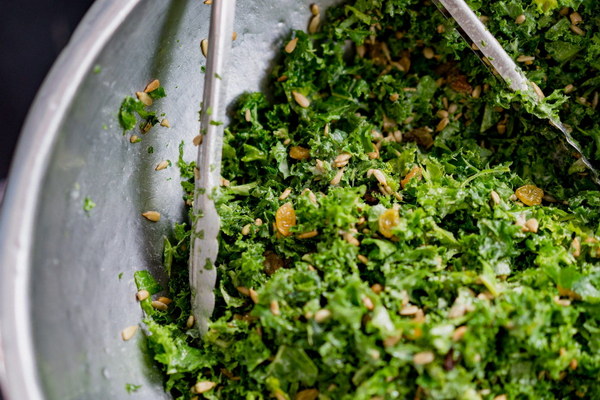Nourish Your Stomach What to Eat at Home for Gastrointestinal Health
Introduction:
The health of our stomach plays a crucial role in our overall well-being. It is essential to consume the right foods that can help maintain a healthy digestive system. While dining out can be tempting, sometimes, the best way to ensure gastrointestinal health is by preparing meals at home. In this article, we will explore various foods that can help nurture your stomach and promote a healthy digestive system.
1. Oatmeal:
Oatmeal is a versatile and nutritious breakfast option that can be easily prepared at home. It is rich in fiber, which aids in digestion and keeps you feeling full for longer. The beta-glucan in oats also helps to reduce cholesterol levels, which can contribute to a healthier stomach.
2. Green Leafy Vegetables:
Leafy greens like spinach, kale, and collard greens are packed with essential nutrients and fiber that support gastrointestinal health. They are easy to incorporate into your diet by adding them to salads, smoothies, or steamed as a side dish.
3. Yogurt:
Yogurt is an excellent source of probiotics, which are beneficial bacteria that help maintain a healthy gut flora. Choose plain, unsweetened yogurt with live cultures to ensure maximum benefits. Pair it with fruits or nuts for a delicious and nutritious snack.
4. Bananas:
Bananas are a potassium-rich fruit that can help regulate the digestive system. They are easy to digest and can provide relief from stomach cramps. Incorporate bananas into your diet by adding them to oatmeal, smoothies, or having them as a healthy snack.
5. Ginger:
Ginger has been used for centuries to aid digestion. It is known for its anti-inflammatory properties and can help alleviate symptoms of indigestion, nausea, and bloating. Add ginger to tea, soups, or make a ginger-infused salad dressing for a flavorful and healthy option.
6. Lean Proteins:
Including lean proteins such as chicken, turkey, fish, and tofu in your diet can promote a healthy stomach. These proteins are easy to digest and provide essential amino acids that support gastrointestinal health. Avoid processed meats, as they can contribute to stomach discomfort and inflammation.
7. Whole Grains:

Whole grains like brown rice, quinoa, and whole-wheat bread are rich in fiber and can help regulate bowel movements. They are also a great source of essential nutrients that support a healthy digestive system. Incorporate whole grains into your diet by using them as a base for salads, soups, or as a side dish.
8. Broccoli:
Broccoli is a cruciferous vegetable that contains compounds known as glucosinolates, which have anti-inflammatory properties. These compounds help protect the stomach lining and support a healthy digestive system. Enjoy broccoli steamed, roasted, or sautéed as a side dish or in a stir-fry.
Conclusion:
Maintaining a healthy stomach is essential for overall well-being. By incorporating the right foods into your diet, you can promote a healthy digestive system and reduce the risk of gastrointestinal issues. Remember to cook at home whenever possible and explore the diverse range of nutritious options available to nourish your stomach.









